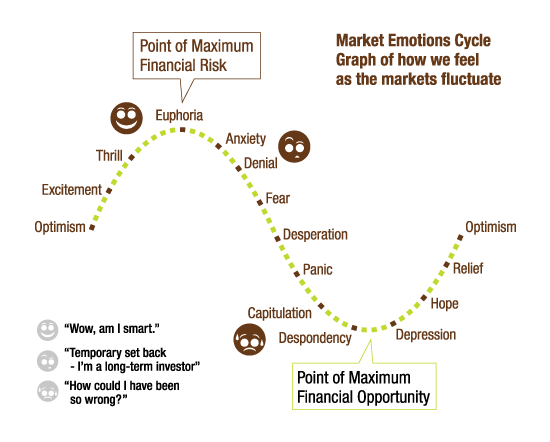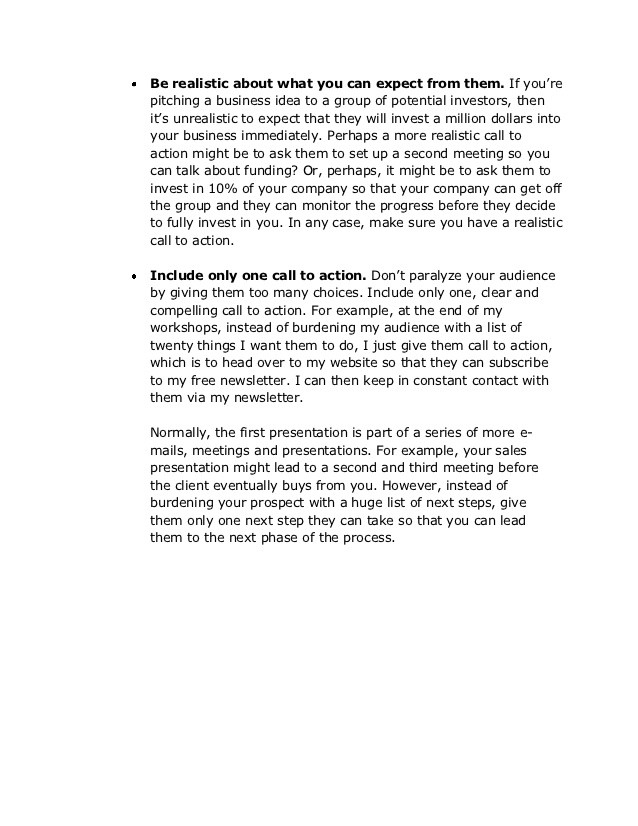You Might Be a Completely Unrealistic Investor
Post on: 9 Июнь, 2015 No Comment

NEW YORK (MainStreet ) — Obviously you want to make as much as possible on your investments with the least amount of risk, but there comes a point when your plan (or lack thereof) is completely unrealistic. according to some new research released Monday by Natixis Global Asset Management.
The survey polled 1,050 American individual investors with a minimum of $200,000 in assets and also found market volatility has eroded confidence for nearly half of investors (49%), and six in ten no longer believe traditional asset allocation strategies that rely solely on a mix of stocks and bonds are the best way to pursue returns. But is that realistic?
If you don’t know, it’s a great opportunity to talk to a financial advisor about allocation and the different asset classes and investment vehicles to create a portfolio that can realistically return what you need for your specific situation, says Matt Coldren, executive vice president of the client solutions group at Natixis Global Asset Management.
Most people have never worked with an advisor of any kind before, but suddenly, they reach a point in their lives when retirement gets real, around their 50s or 60s, and they realize it would be a great idea to run their financial situation by a professional, explains Michael Garry, a Certified Financial Planner and author of Independent Financial Planning: Your Ultimate Guide to Finding and Choosing the Right Financial Planner (Yardley Wealth Management, 2014). That’s when they find they may have been completely unrealistic all along and may have to change their current investment strategy, spend less now or later or work later in life to meet their retirement goals .
While no one likes to hear those options, these choices have the benefit of being based in reality.
Don’t procrastinate and wait until its too late to set reasonable goals and dictate your financial future. The Natixis survey found investors were being unrealistic in a variety of ways.
You’re expecting a 14% return per year on your investments
The survey found investors say they need average annual returns of 9.8% above inflation to meet their financial needs, including providing income in retirement and for housing and healthcare expenses .
With average yearly inflation of 4.2% since 1964, these investors would actually need to earn a total of 14% to meet their needs, surpassing the 10% average annual gain of the Standard & Poor’s 500 Index over the past 50 years, and that’s just not realistic, Coldren said.
If people really need that much, they are going to fall short, advises Garry.
He sees so many people come into planning blissfully unaware that they are being unrealistic in expected returns and also that they underestimate the amount of money they will need to support their lifestyle in retirement. Once they have run the numbers with a planner, it seems unreal because the amount of money needed seems so large.
It sounds like a lot of money in 2014 dollars, but that’s without planning for inflation which makes it much less money in 2035 dollars, says Garry. He has to explain to these clients what needs to happen, given average realistic returns over a long period of time, depending on their specific life circumstances, to reach that goal.
If it really is impossible, we do the best with what they have now and work to increasing investments over time until it meets the goals. But we are never unrealistic about it, says Garry.
You believe your gut instinct is a valuable guide to making financial decisions
The fact that 79% of those surveyed believe it’s important to follow their gut instinct is why we have economic bubbles and crashes, warns Garry. Following your gut is the antithesis of having a plan and a surefire way of getting hurt investing.
The survey also found that 76% of investors only own investments they understand well, yet just one-quarter feel their overall investment knowledge is very strong.
So chances are, if that’s you, you’re leaving a lot up to your gut and not your brain.
You can gain a lot by working with an advisor who can educate you on available investments and build up your knowledge and comfort level with all of your options, Coldren says.
You take only minimal risks but have ambitious return targets
Who doesn’t want to grow their assets with minimal risk. But it’s not in any way realistic.
You need to balance the amounts and types of risks you’re willing to take with your goals, says Garry. Too much or too little risk can derail you.
He advises you work with a financial planner or advisor to run your numbers in many different ways. trying to figure out the types of risks you should take and how they will affect your potential outcomes.
Garry says risk is not just the potential for stocks going down momentarily, though many people act as if that was the only risk.
The real risk is not having what you need in the future when you need it.
You have no clear financial goals and have no financial plan

Garry says when investors talk about unrealistic returns and relying on their gut, or not really knowing what they need, it’s a tip-off that their goals are unclear and they have no plan.
Coldren says the Natixis survey found that 51% of those investors surveyed were not working with a financial advisor.
Given increased life expectancies in the U.S. investors may need to fund more than two decades of retirement expenses. But the survey found only 27% of investors are very confident their current investment strategy will deliver stable income. And if their retirement funding fell short, 46% of Americans say they will continue to work and 31% would rely on family support.
Garry asserts that having a financial plan and sticking to it works for most people.
Changes in the market from day-to-day or even year-to-year probably don’t necessitate changes in most peoples’ plans, he said. Changes in your life are what will cause you to change your plan.
He advises using a planer or an advisor to help keep you accountable to the plan and to evaluate when changes in your life may cause you to change your plan.
Don’t know whom to see to get your investment goals down to Earth?
If you need help with all of your personal finance issues such as budgeting, expenses, credit, savings, life insurance and retirement planning, you want to see a Certified Financial Planner (CFP) who is trained and certified to help you plan your total finances.
If you just want help on the investment side, you’ll want to find a Certified Financial Advisor (CFA) trained and certified in the financial analysis of companies, running portfolios, who is focused on investments.
Coldren says a good way to find a trusted professional is through referrals from trusted family and friends.
You can also find a CFA through the National Association of Personal Finance Advisors, and you can find a CFP through the Financial Planning Association.
Still having trouble with the trust issue? Look for those planners and advisors who work on a fee-for-service basis instead of sales commissions, advises Garry.
—Written by Naomi Mannino for MainStreet














